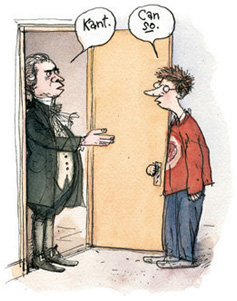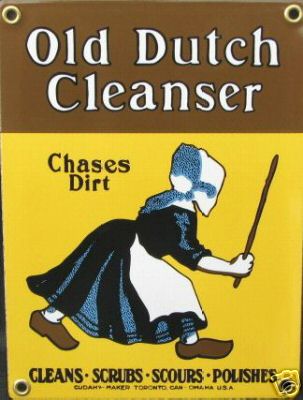[Czesław Miłosz]
In fear and trembling, I think I would fulfill my life
Only if I brought myself to make a public confession
Revealing a sham, my own and of my epoch:
We were permitted to shriek in the tongue of dwarfs and demons
But pure and generous words were forbidden
Under so stiff a penalty that whoever dared to pronounce one
Considered himself as a lost man.



